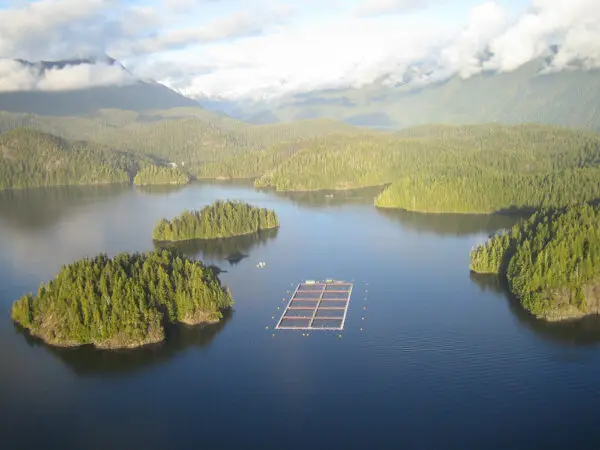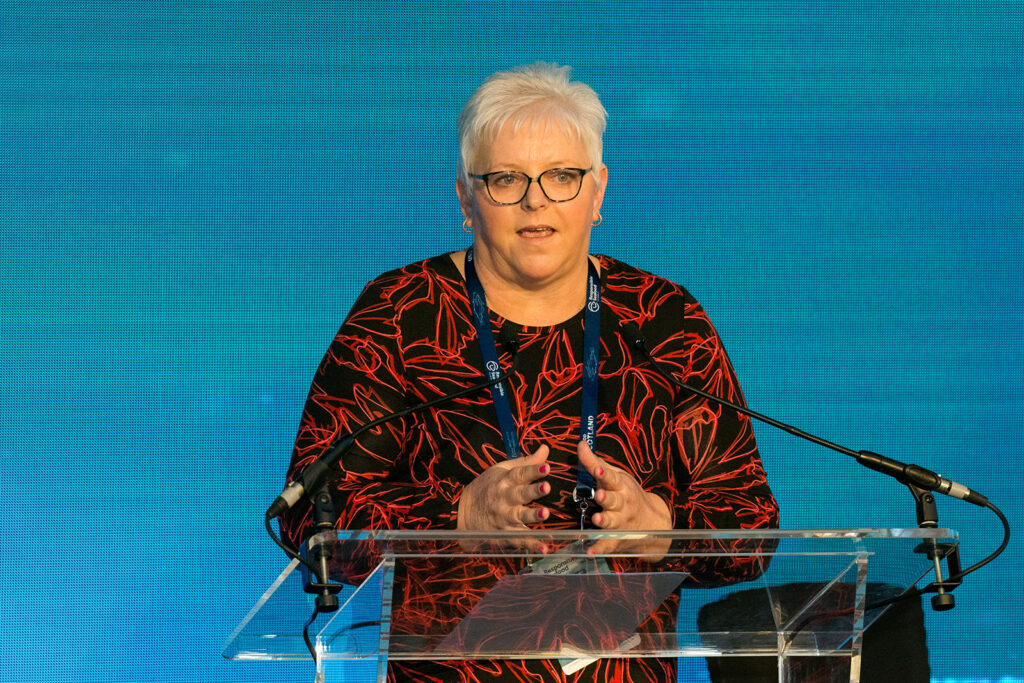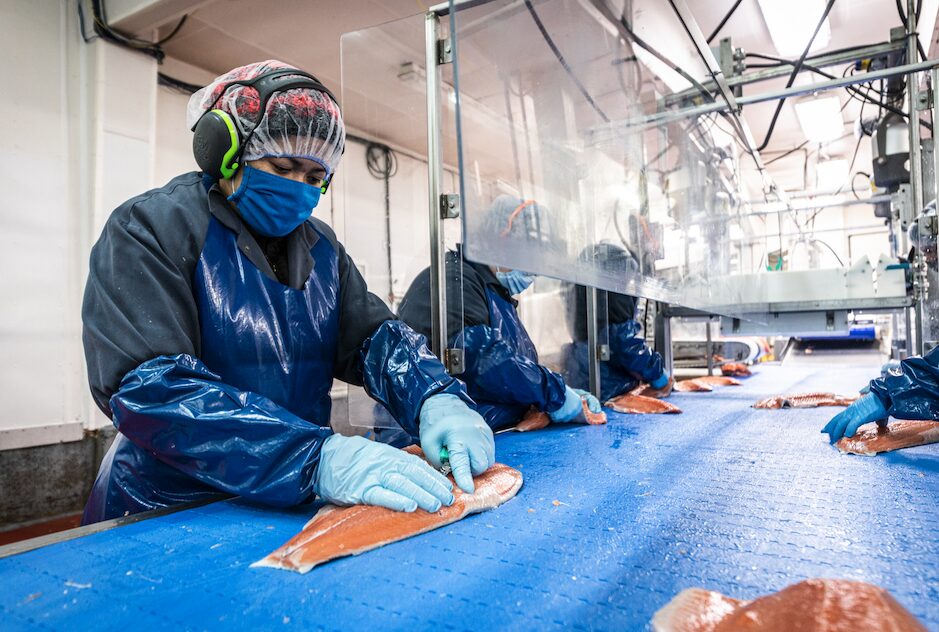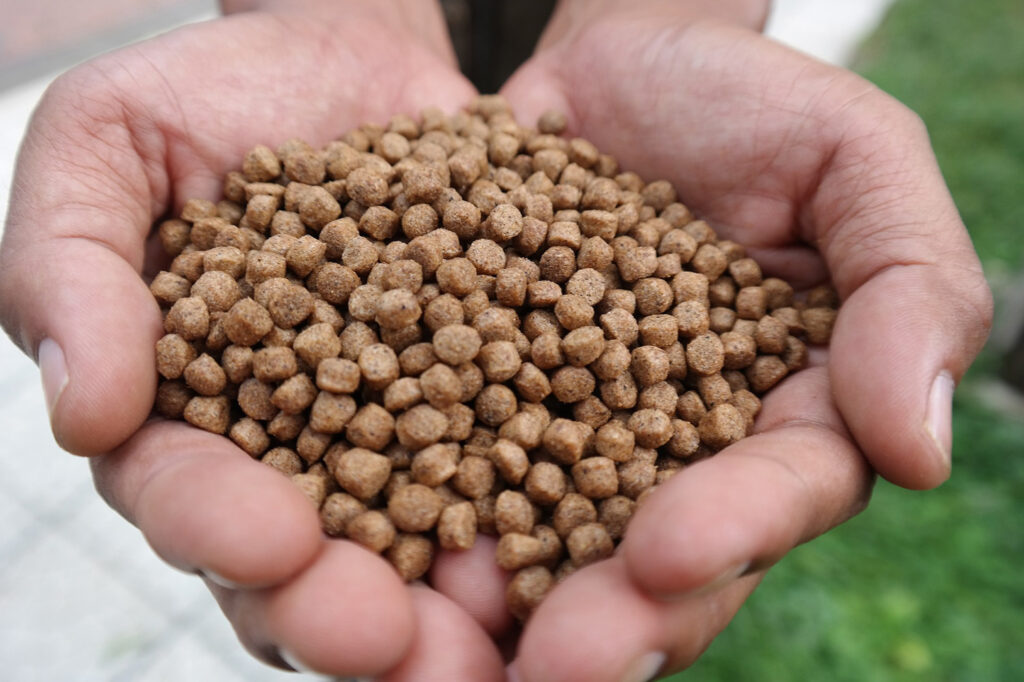GSA Stands in Solidarity with British Columbia Salmon Farmers
Global Seafood Alliance (GSA) stands in support of the British Columbia (B.C.) salmon farming sector, especially as the Canadian government is expected to announce its decision regarding salmon farming licensing this spring.

Globally, aquaculture plays an increasingly important role in food security – it’s the fastest growing food production system and provides a means to meet growing food demand with lower environmental impact than many alternative animal proteins (source: Garlock et al., 2022).
In B.C., the salmon farming sector produces 400 million meals annually and provides approximately 6,000 direct and indirect jobs. Salmon is BC’s No. 1 seafood and agri-food export, with a total economic output of more than $1 billion (source: Modern Salmon Farming in British Columbia: A Review, 2024).
Salmon farming is particularly important in small, remote Indigenous and non-Indigenous coastal communities as well as having a significant impact in urban coastal B.C. In fact, every farm proposed in the last decade has had the support of local First Nations and the industry provides an estimated $50 million in economic benefits to First Nations annually (source: The Reality Is: Salmon Farming is a path to self determination and reconciliation for many First Nations in coastal BC, 2022).
All the salmon farming sites in B.C. have been voluntarily certified by at least one third-party certification program, including Best Aquaculture Practices (BAP). BAP standards cover the entire aquaculture production chain, including the processing plant, farm, hatchery and feed mill. Producers that have attained BAP certification must pass an annual third-party audit and address any non-conformities found during the audit to receive their certificate. BAP standards cover environmental responsibility, social accountability, food safety and animal welfare.
“The salmon farming sector in British Columbia is an invaluable contributor to local economies and provides a reliable source of healthy, responsible protein to Canada and the global marketplace,” said Mike Kocsis, CEO of GSA.
BAP requirements include ensuring farm sites are in areas that do not displace important natural habitats, requiring facilities to monitor water quality and effluents, requiring proper disposal of waste and limiting stocking density. To learn more about BAP standards requirements, visit the BAP website here.
Opponents of salmon farming in B.C. have expressed concern about the risk of salmon farms affecting wild salmon populations. Federal reviews such as the Canadian Scientific Advisory Secretariat (CSAS) have indicated that there is less than minimal risk to wild salmon and the body of evidence from peer-reviewed studies indicates that the sector poses of minimal risk to wild salmon populations.
GSA and BCSFA will be jointly hosting a roundtable, “Farming for the Future: Responsible Salmon Farming in British Columbia,” on June 4 that will bring together Young Salmon Farmers of B.C. as well as a representative from the Kitasoo Xai’xais First Nation to discuss the responsible practices employed by the sector and what goes into attaining BAP certification. The discussion will include a real-time look at a farm and will be followed by a live Q&A session. Register for the event here.
About Global Seafood Alliance
The Global Seafood Alliance is an international, nonprofit trade association dedicated to advancing responsible seafood practices through education, advocacy and third-party assurances. Through the development of its certification programs, GSA has become the leading provider of assurances for wild and farmed seafood globally. The organization’s work addresses the full spectrum of responsibility, from environmental responsibility and social accountability to food safety. Established in 1997 as the Global Aquaculture Alliance, GSA is headquartered in Portsmouth, N.H., USA. To learn more, visit www.globalseafood.org




